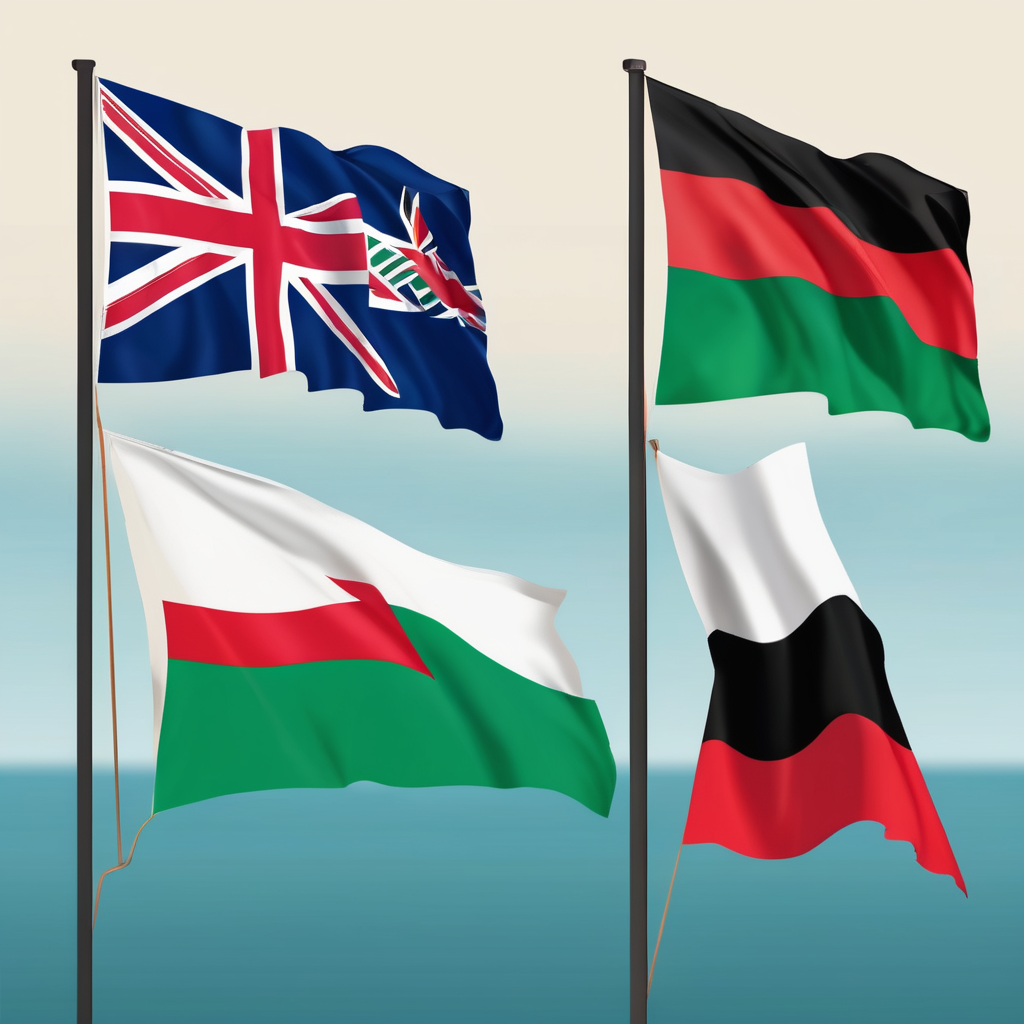Australia has officially recognized the state of Palestine, a decision that represents a significant shift in its long-standing foreign policy approach. This recognition aligns Australia with more than 140 United Nations member states supporting Palestinian statehood, alongside recent recognitions by the UK and Canada. The move is aimed at reinvigorating efforts towards a two-state solution amidst the ongoing humanitarian crisis in Gaza.
The formal recognition by Australia was announced as Prime Minister Anthony Albanese attended the United Nations General Assembly in the United States. Both Albanese and Foreign Minister Penny Wong emphasized that this decision aligns with Australia’s longstanding commitment to peace and security for both Israeli and Palestinian peoples through a two-state solution.
The Australian government has stipulated that the path to a two-state solution requires an immediate ceasefire in Gaza and the release of hostages held by Hamas. The leaders explicitly stated that Hamas, which holds de facto control over Gaza, must not have a role in a future Palestinian state. This step follows the Palestinian Authority’s acceptance of Israel’s right to exist and their commitment to democratic reforms and elections under international criteria.
While Australia’s diplomatic shift has been met with resistance from some quarters—Israel’s Prime Minister Benjamin Netanyahu has strongly condemned the recognition, equating it to a reward for terrorism—the Albanese government believes their action is a gesture of hope towards peace. The Executive Council of Australian Jewry also expressed dismay, questioning Palestine’s current governance capabilities.
This move comes at a sensitive time for Australia, which is navigating its relationship with the United States, particularly concerning defence agreements such as the AUKUS trilateral pact. There is also potential for contentious discussions with U.S. allies given Australia’s decision.
International reactions have varied, with Palestinian officials urging fairness in the recognition process and calling for nations to look beyond contentious points. Australia’s recogniton may add momentum to international efforts pressing for more significant humanitarian aid and solutions to the Gaza conflict, as global leaders stress the urgency of addressing civilian suffering in the region.
In summary, Australia’s recognition of Palestine marks a bold diplomatic choice, reinforcing its commitment to a two-state solution. This decision reflects a broader global impetus for peace amidst complex geopolitical dynamics, underlining the importance of sustained international engagement and dialogue.
